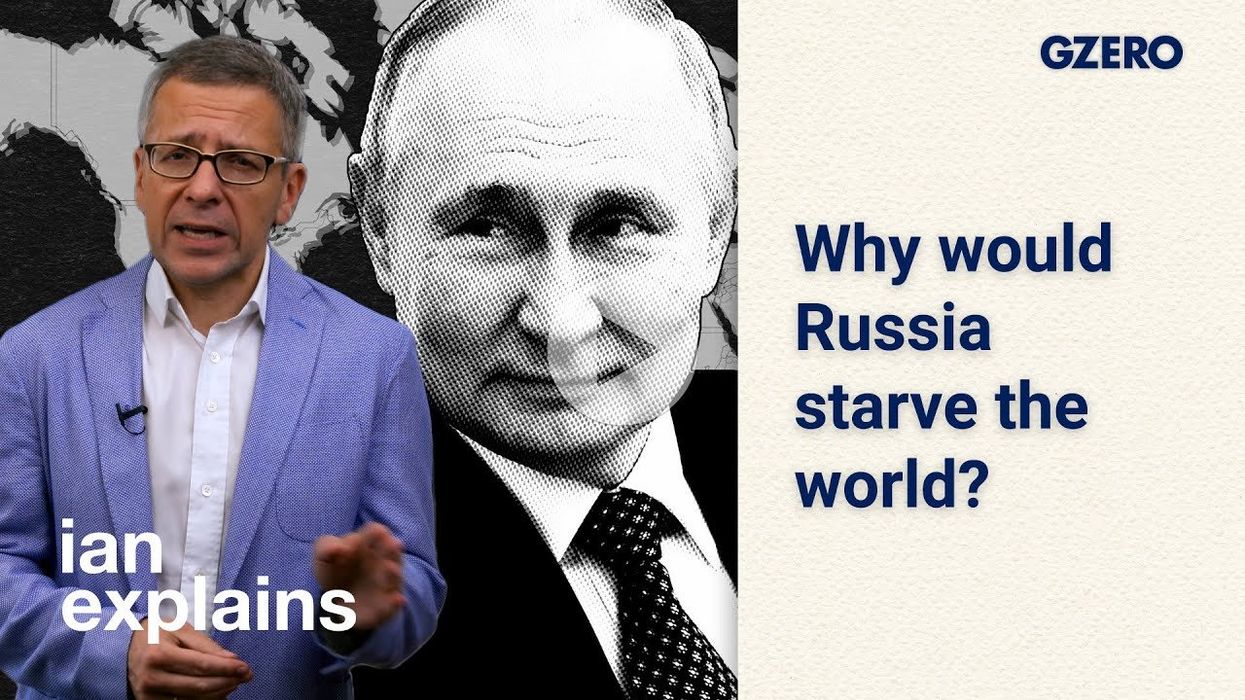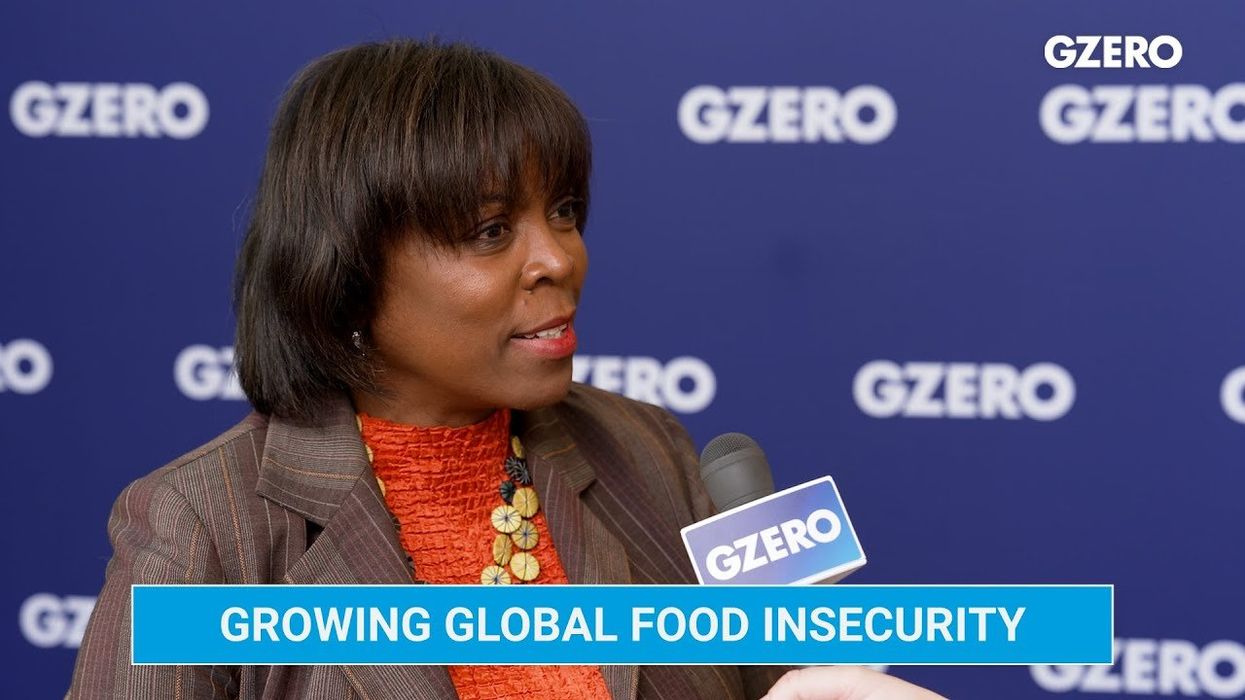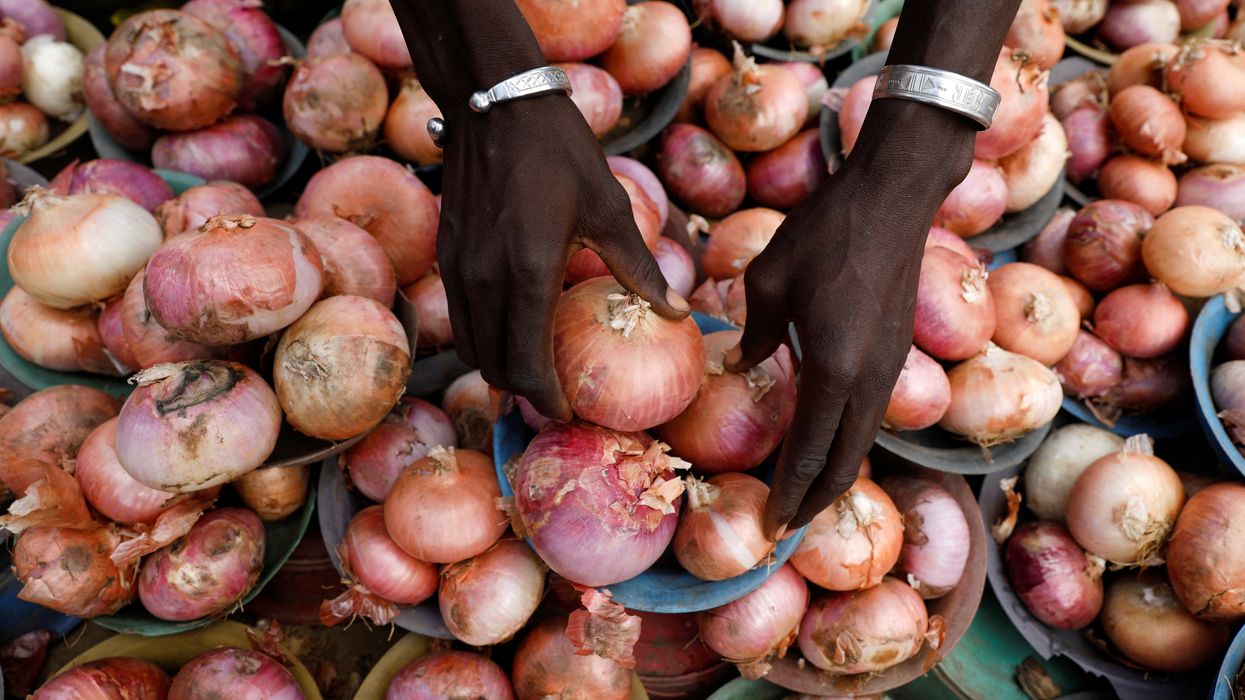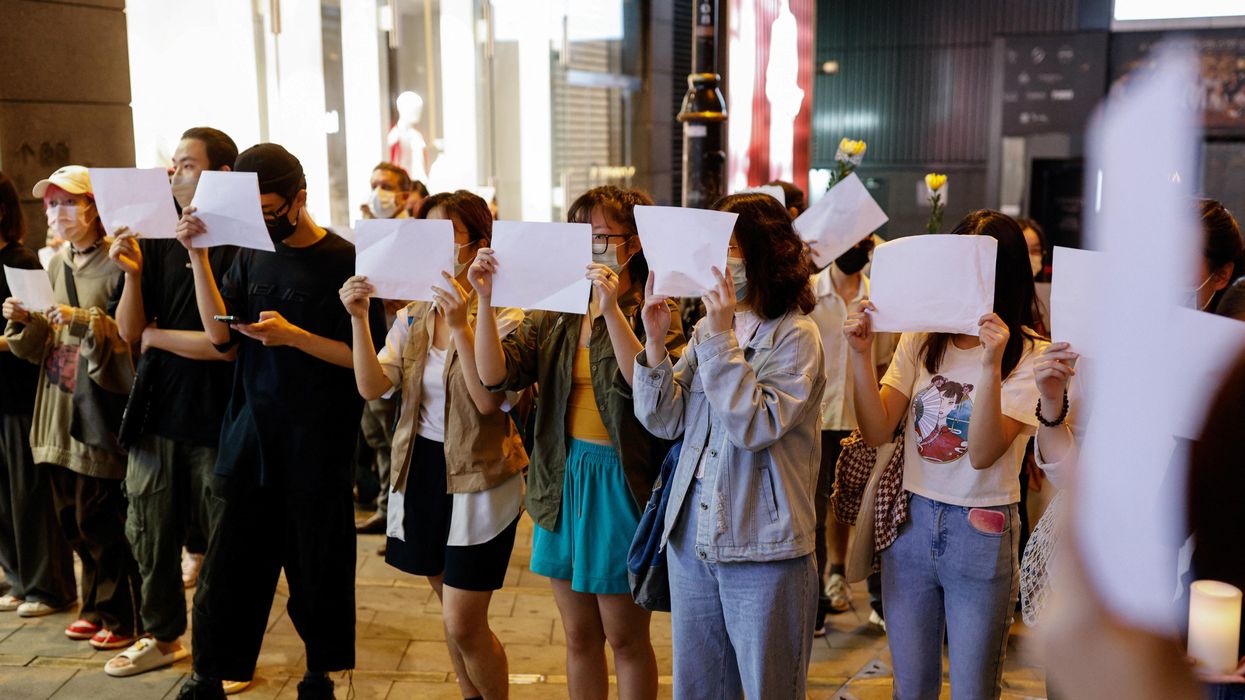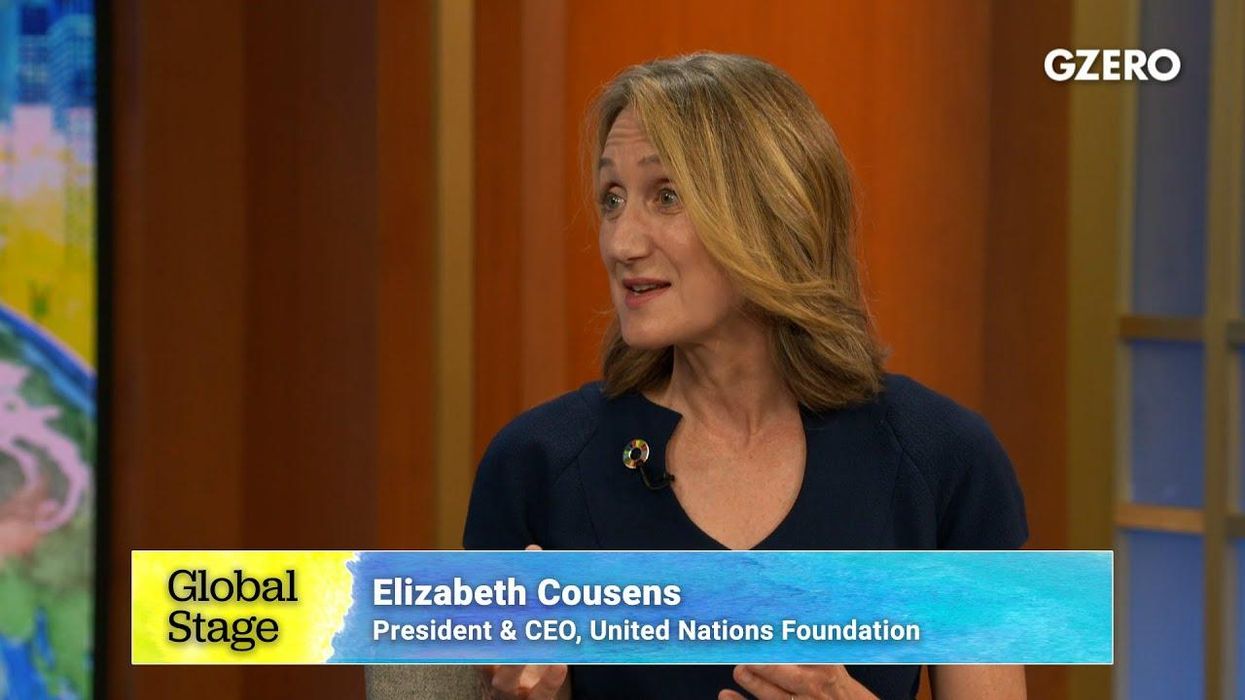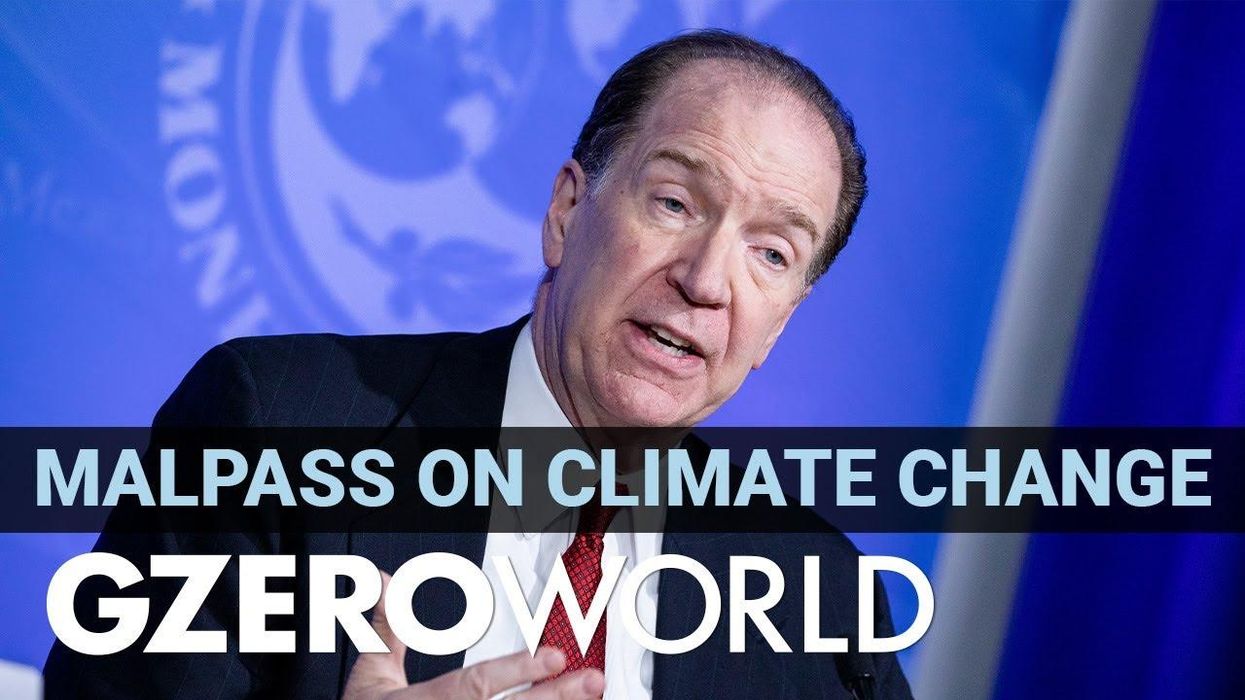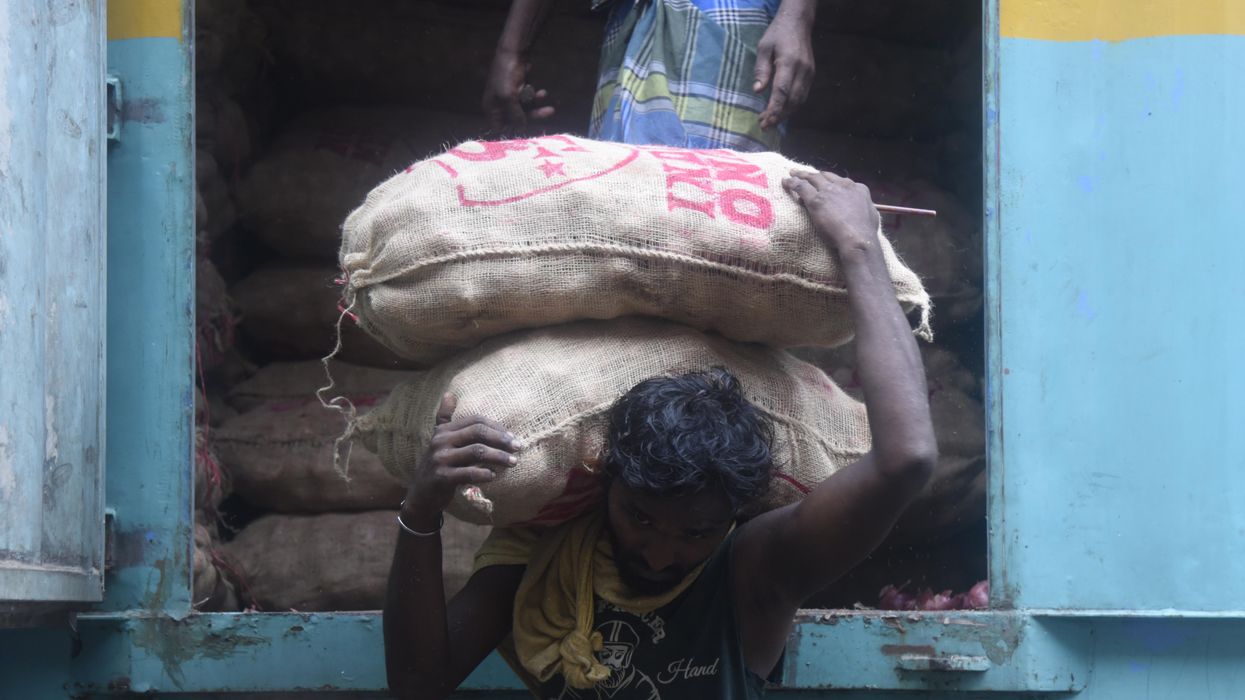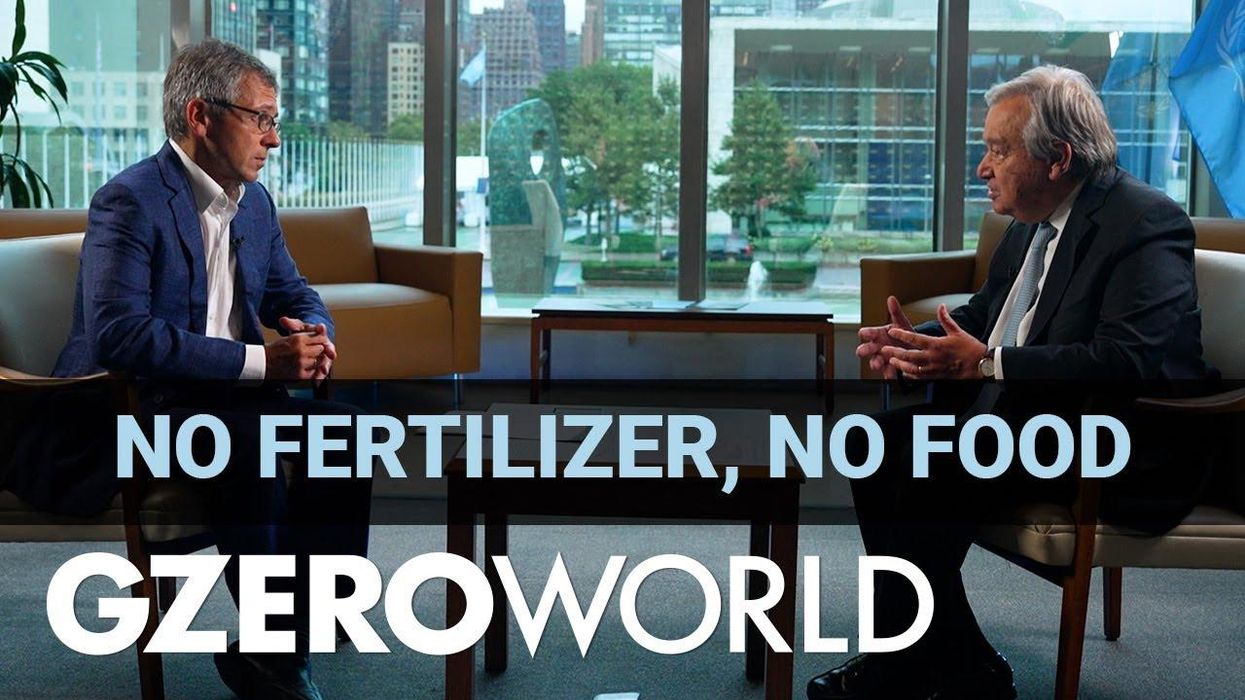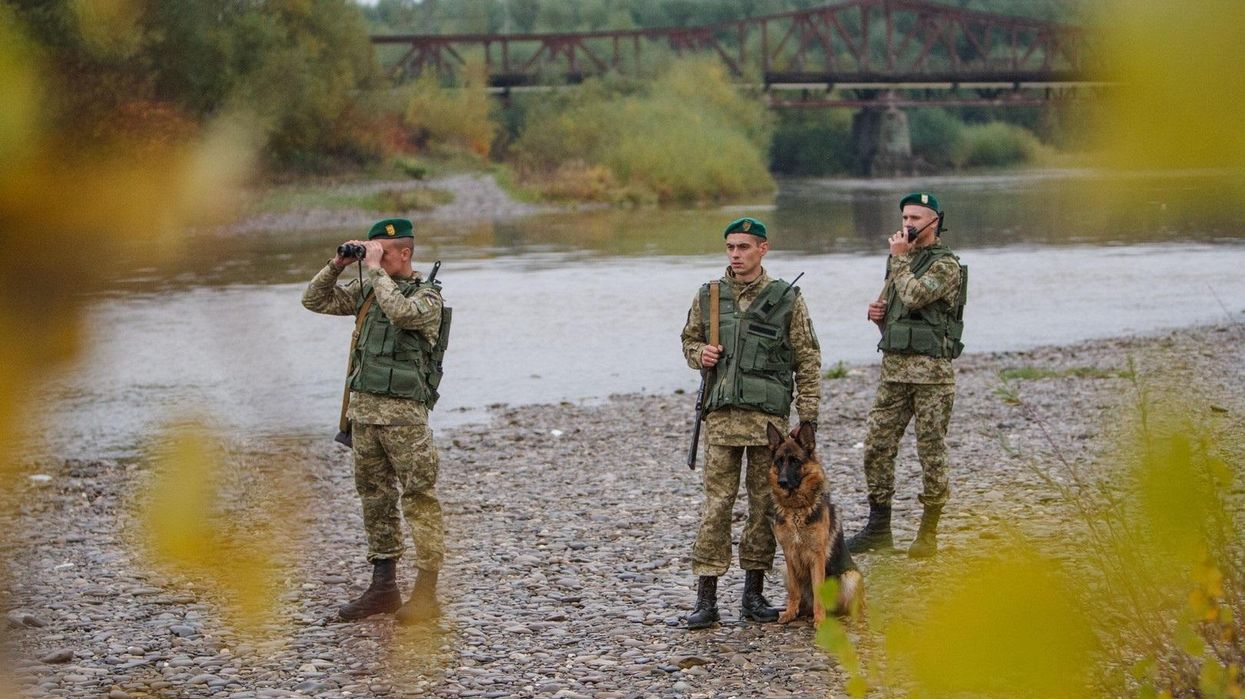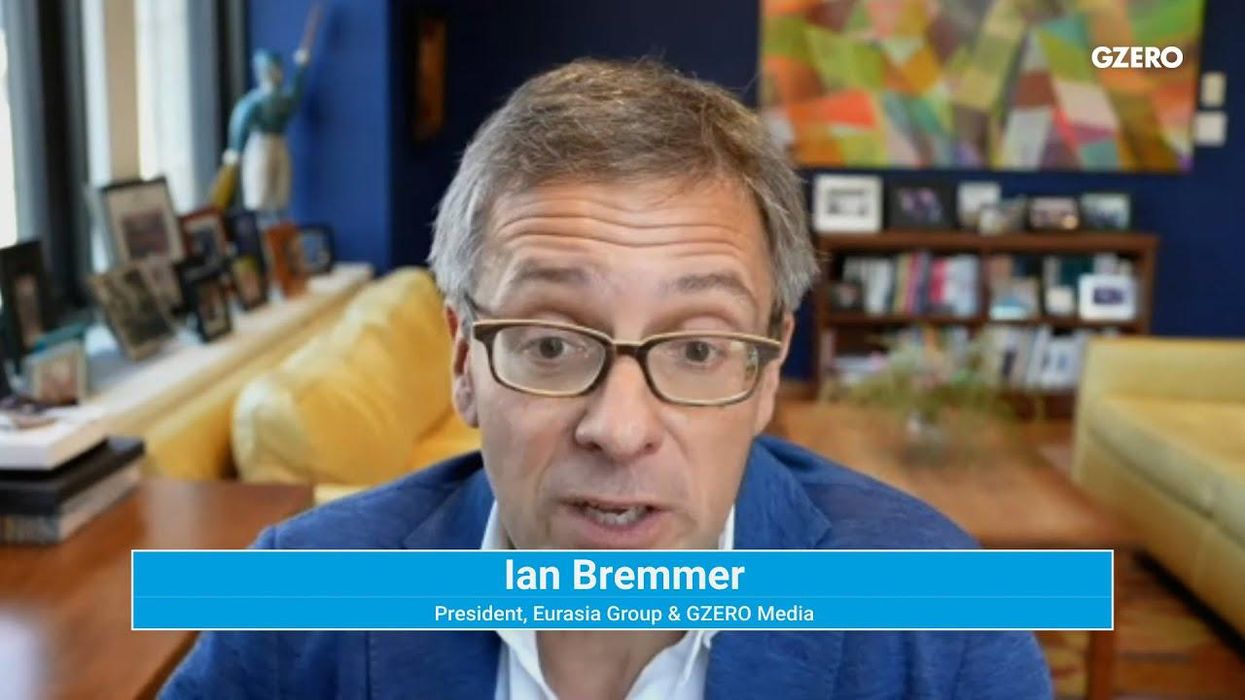Ian Explains
Ian Explains: Why is Russia trying to starve the world?
Why is Russia trying to starve the world? Nearly a year-and-a-half into its invasion of Ukraine—after the massacre of civilians in the Kyiv suburb of Bucha, after the indiscriminate shelling of Europe’s largest nuclear plant in Zaporizhzhia, and after the torture of countless Ukrainian POWs—Moscow’s latest move may be its cruelest so far.
Aug 04, 2023
